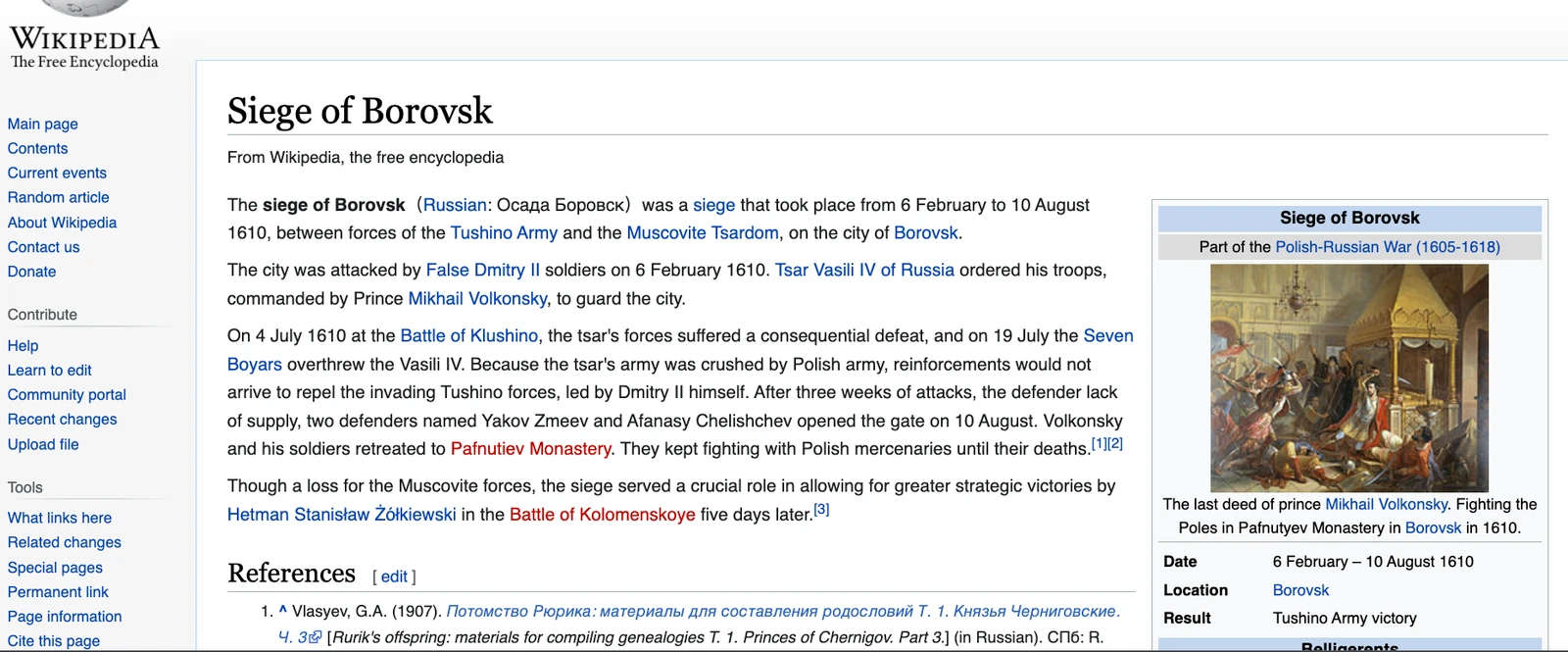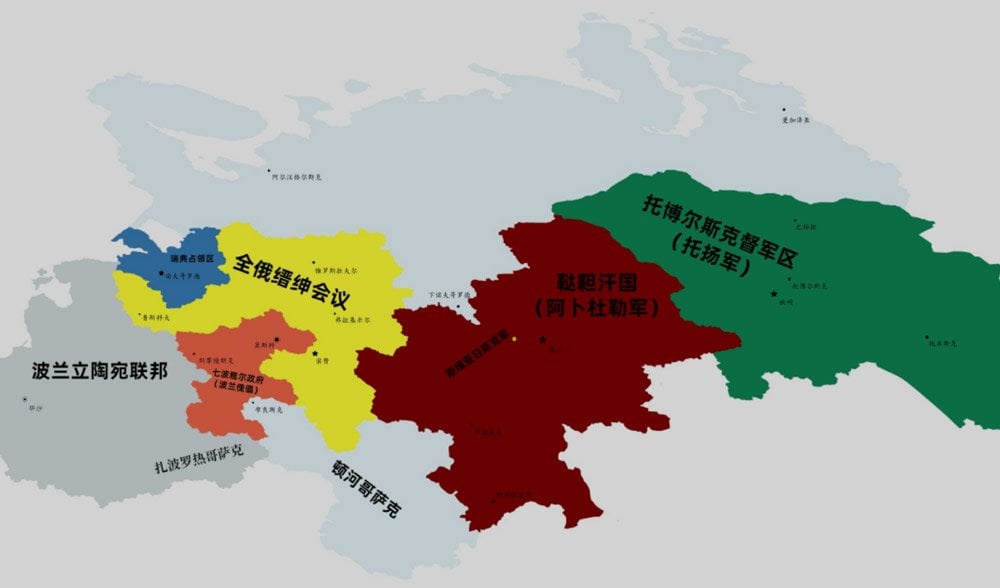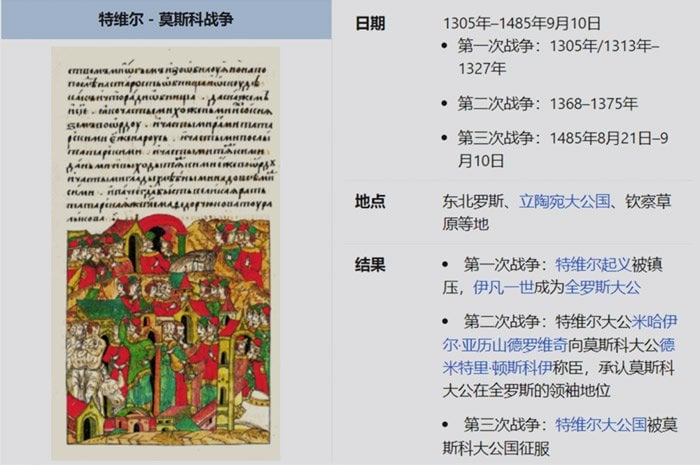Zhemao's work on Wikipedia can be described as remarkable to say the least as it includes 206 articles from 2019, the largest of which, according to the Vice World News, is almost as long as The Great Gatsby (208 pages). In this article, the Tatar rebellions in 17th century Russia are described in astonishing detail, supported by a map of the country at that time. In another article, the user posted rare images of ancient Russian coins supposedly taken by archaeologists. As pointed out in the article, in the article Vice World News, Zhemao's articles were extremely well written, however were proven false, as it was revealed that he managed to pull off one of the biggest... pranks or scams on the platform to date.

The Chinese novelist Yifan was the one who revealed the hoax in a post which he did on a Chinese website Zhihu, which is similar to the Quora platform. While looking for inspiration from historical events, the author stumbled upon one of the articles by... a Chinese housewife who was apparently bored and didn't know what else to do, in which she described a silver mine, in Kashin, which was a great source of wealth for Russia in the 14th and 15th centuries. The article was so detailed that it even gave information about the composition of the soil, the internal structure of the mine and the processes for collecting the silver. But when Yifan attempted to cross-check Zhemao's information and reports with Russian speakers, it was revealed that the pages or versions of the books she cited as sources were nowhere to be found!

A team of volunteer editors "combed through" Zhemao's work to determine that her reports were unsubstantiated or that she was making up information from legitimate sources that was difficult to verify by casual users. As a crowd-sourced online encyclopedia, Wikipedia relies on the self-regulation of its contributors. In an article about the reliability of information, Wikipedia says that they require verification, as there is always a chance that some information may not be true.

A volunteer editor who helped check Zhemao's articles and subsequently clean up told Vice World News that they usually check articles for blatant plagiarism or copying, and that such vandalism is common on the platform. John Yip, a Chinese Wikipedian, told Vice World News that "Zhemao has invented a new way to undermine Wikipedia".
Zhemao, in a post in her profile, she admitted that she not only invented her own identity but that the information in her articles was fabricated. She clarified that she is not in Russia and that her husband is not Russian but Chinese. She also does not have a PhD in world history from Moscow State University as she claimed, but is a housewife with a high school diploma. According to Vice World News, the housewife was frustrated because she could not understand articles in Russian and English. So she used online translators and then... her imagination to fill in the gaps.
Why she didn't just sit down to write a novel set in medieval Russia - and it could have been a success given how much praise she received for her work from her fellow authors for her contribution - remains a mystery.




